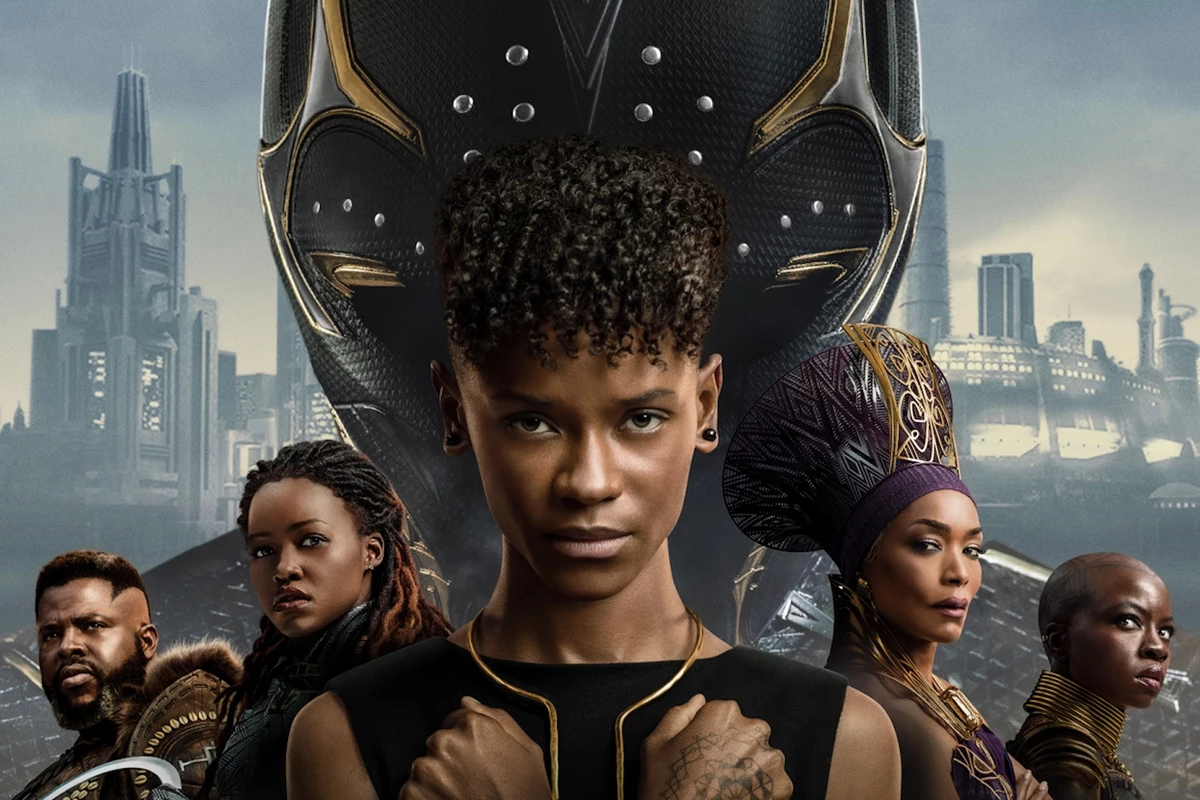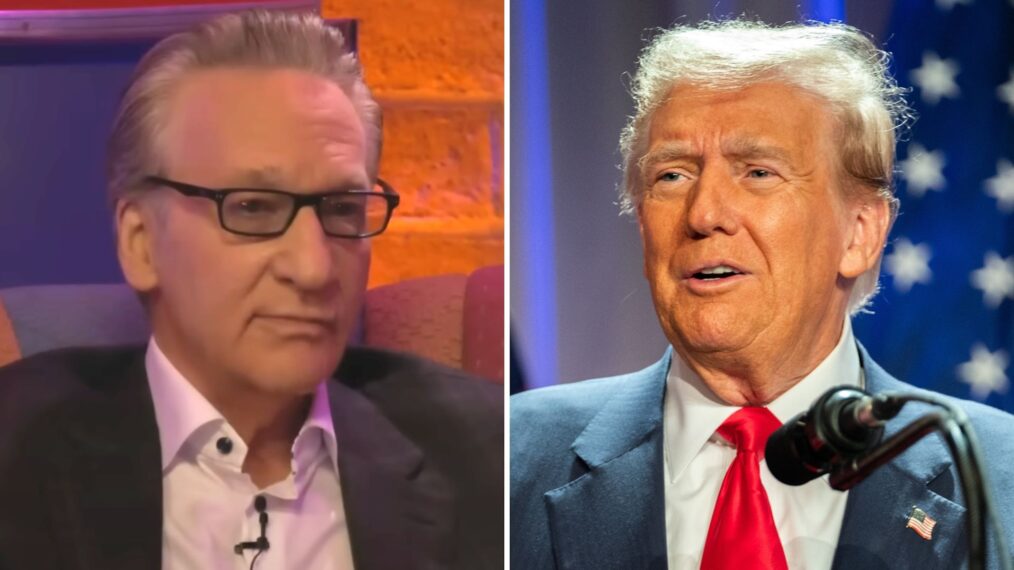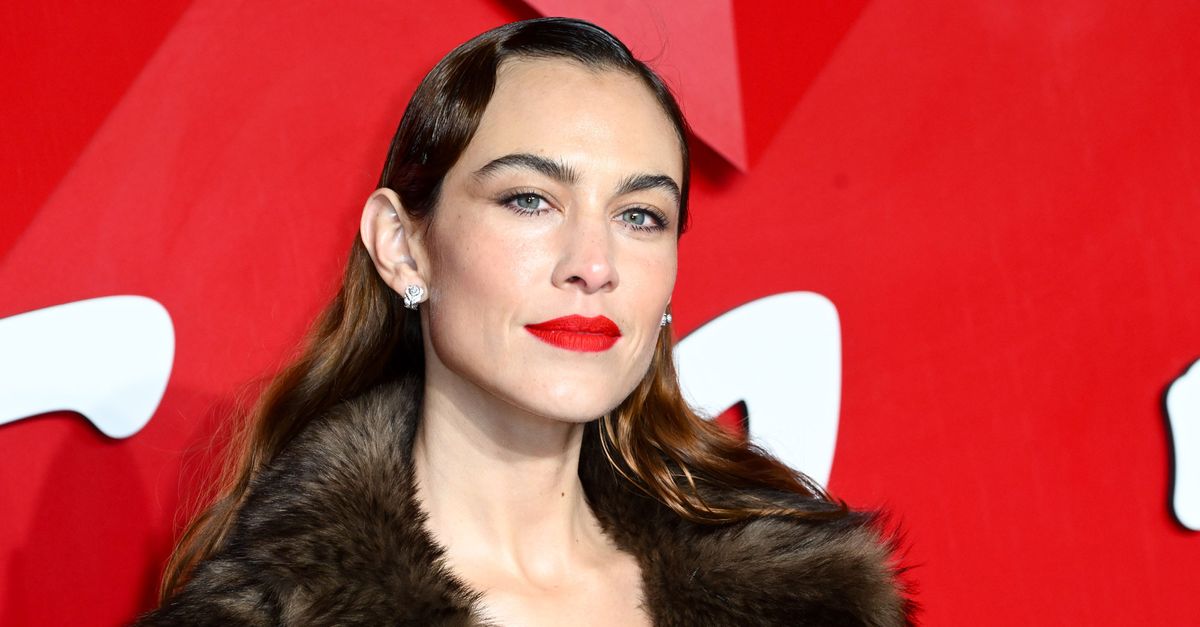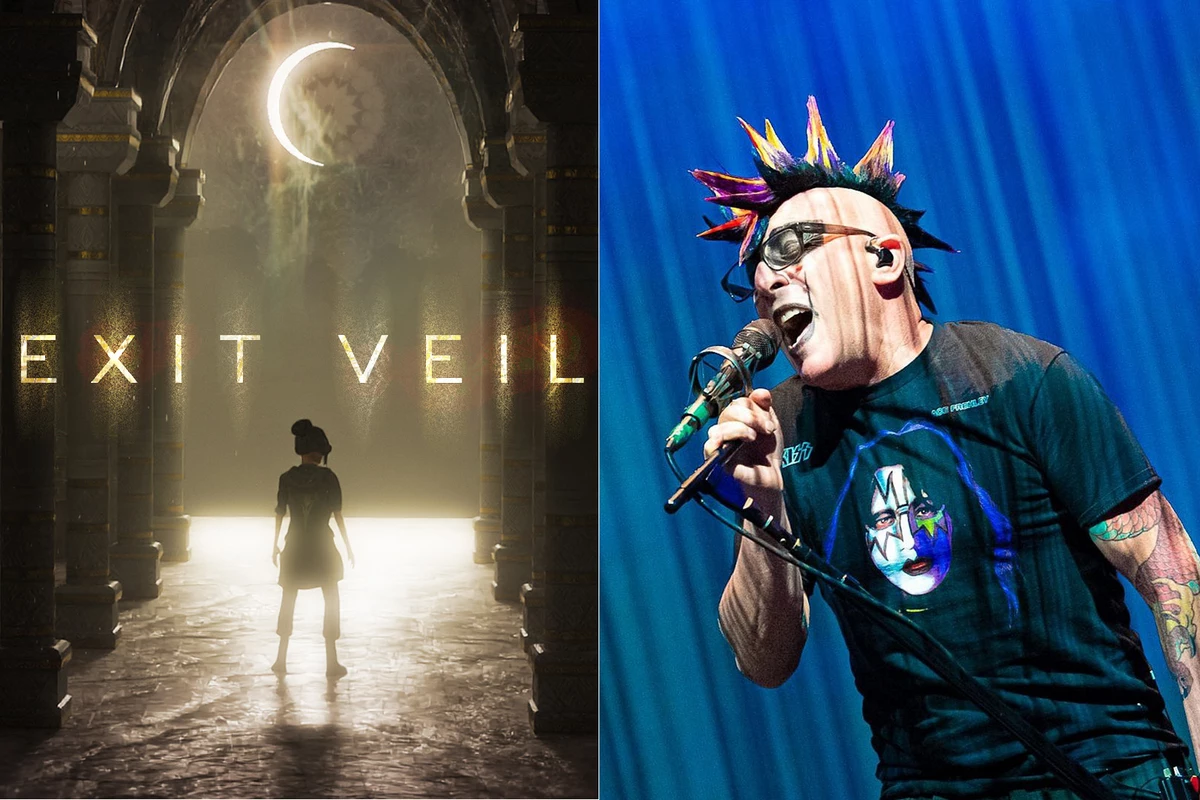It should be quite clear from the headline but if not: This post contains SPOILERS for Black Panther: Wakanda Forever.
It’s early, but here is the #1 Wakanda Forever question we’re hearing at ScreenCrush:
Who exactly is in charge of Wakanda at the end of Black Panther: Wakanda Forever?
Shuri (Letitia Wright) is clearly the new Black Panther. But in the film’s final moments, when the time comes for her to be crowned queen she skips the ceremony — and M’Baku (Winston Duke) shows up instead, saying he wants to challenge for the throne. So where does that leave things?
Basically, it’s what it looks like: M’Baku is going to become the King of Wakanda, while Shuri will serve as the new Black Panther. This is sort of a confusing scenario — and Marvel in general could be a little clearer about the ins and outs of the rules and traditions of the Wakandan monarchy. But from what we do know, this all makes sense.
Remember: While the Black Panther is often also the King of Wakanda, he doesn’t have to be. In Captain America: Civil War, we are introduced to T’Chaka (John Kani), Wakanda’s aging king, and his son, Prince T’Challa (Chadwick Boseman). Although T’Chaka is still alive, and was Wakanda’s Black Panther in the past, he passed the mantle on to T‘Challa at some point before the events of Civil War. Because when T’Chaka is murdered, T’Challa springs into action as Black Panther to catch his killer.
T’Challa doesn’t technically become King of Wakanda until the opening scenes of Black Panther, where we see that the Wakandan coronation ceremony for a new monarch is also a place where any of the five tribes that make up Wakanda can challenge the current ruler for the throne in ritual combat. When one warrior is killed or yields, the other becomes king. In Black Panther, M’Baku, leader of the Jabari Tribe, challenges T’Challa for the throne — and loses.
Later in the film, this same tradition is what allows Killmonger to seize control of Wakanda. He challenges T’Challa, beats him in a fight, and becomes the King. But because T’Challa never submits and didn’t die — he is tossed off a waterfall but survives long enough to be revived by Wakanda’s magical Heart-Shaped Herb — he is able to fight Killmonger again at Black Panther’s climax. This time he emerges victorious and reclaims the throne.
So while none of this is spelled out explicitly, here is how we interpret the end of Wakanda Forever. As the princess of Wakanda, and daughter of the previous ruler (Queen Ramonda) Shuri is technically next in line for the throne. But for reasons that she does not express in the film, she chooses not to become Queen. Instead, she skips out on the coronation ceremony and heads to Haiti, where her close friend and ally (and sorta sister-in-law) Nakia (Lupita Nyong’o) lives.
Based on the way the coronation scene plays out, with M’Baku arriving on the ship that the rest of the Wakandan elders and royalty believe is carrying Shuri, that they had all this planned out. M’Baku says he is there to challenge for the throne, but we don’t see whether anyone accepts his challenge or not. Either way, it’s probably safe to assume he becomes the King — at least until Winston Duke’s Marvel contract expires or the young Prince T’Challa gets a little older.
Black Panther: Wakanda Forever: All the Coolest Marvel Easter Eggs
Here are all the best callbacks to Black Panther (and to decades of Marvel Comics) in Black Panther: Wakanda Forever.

















































































